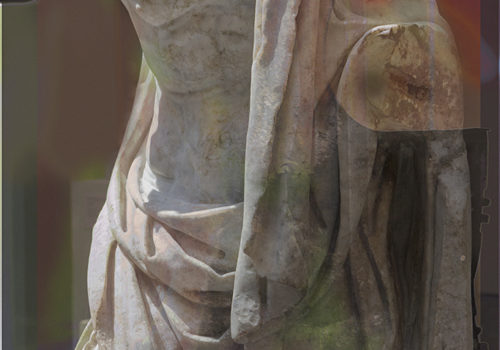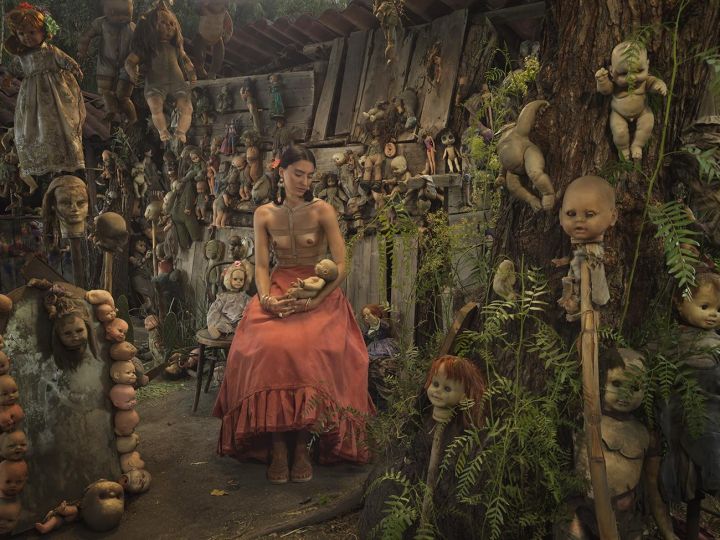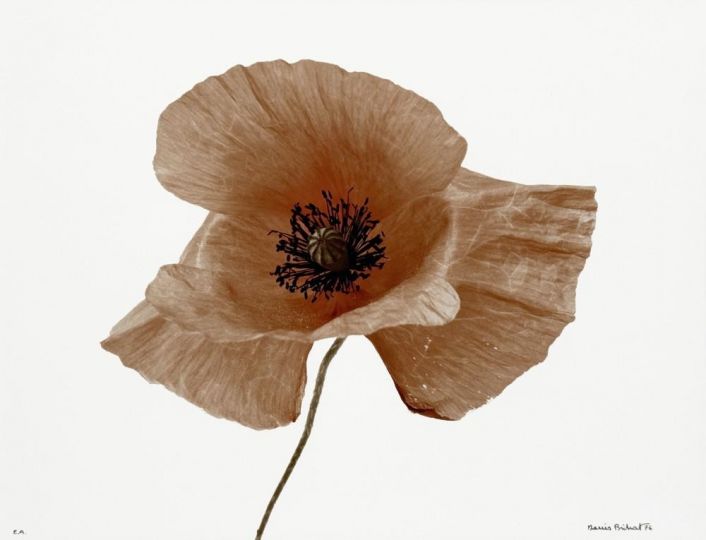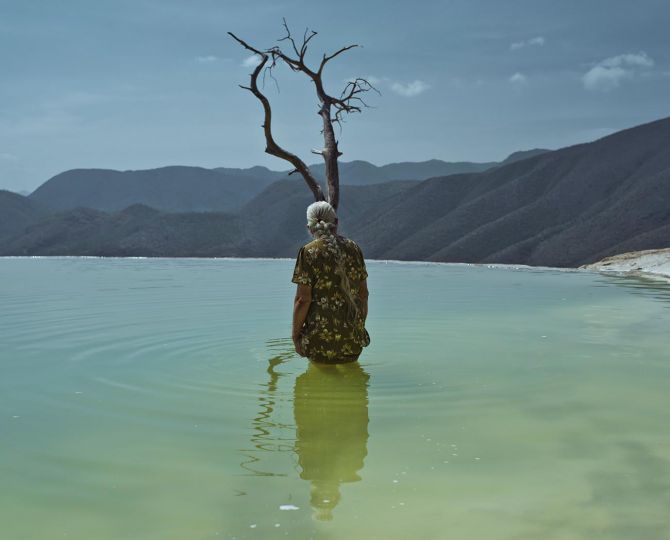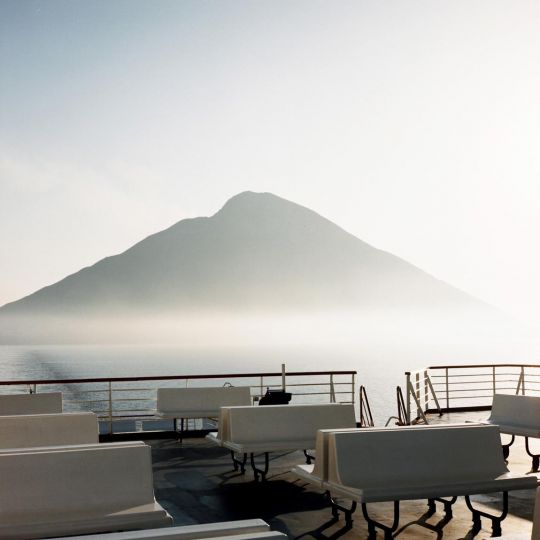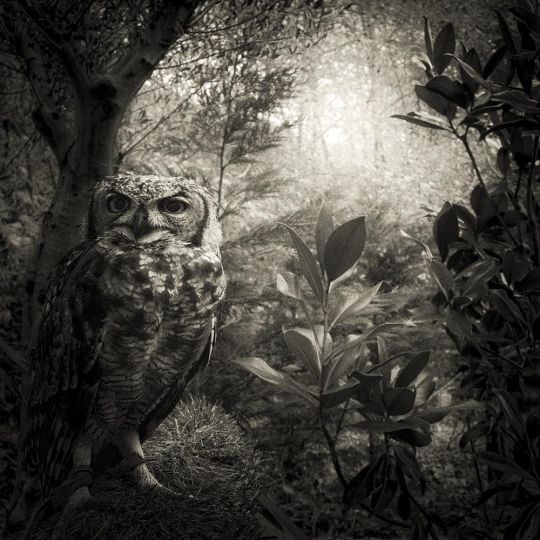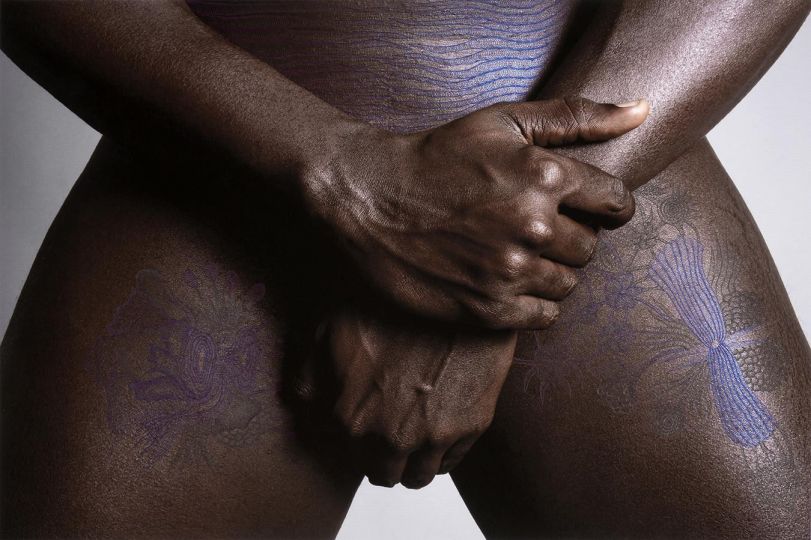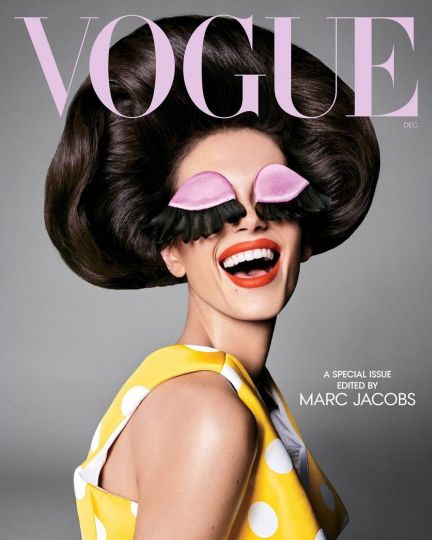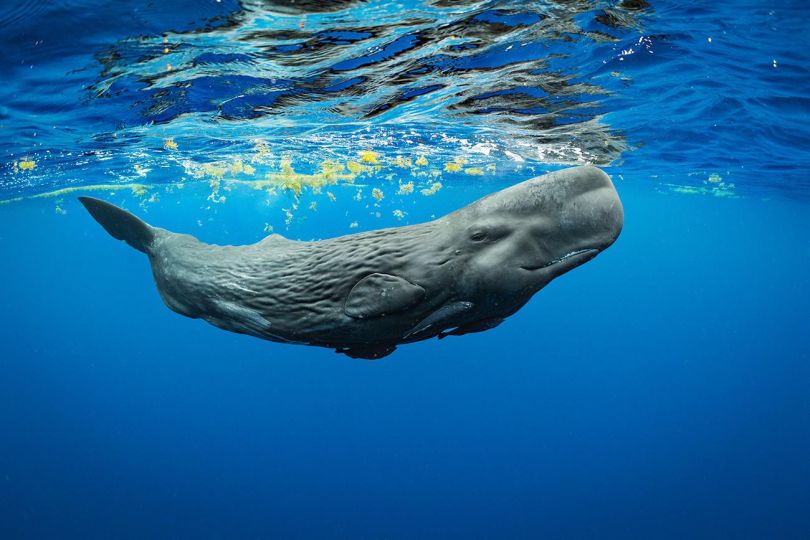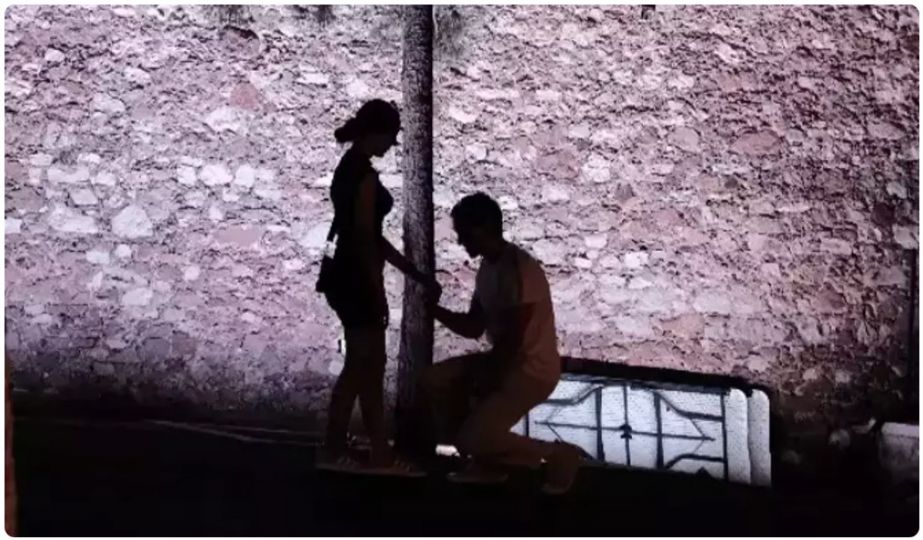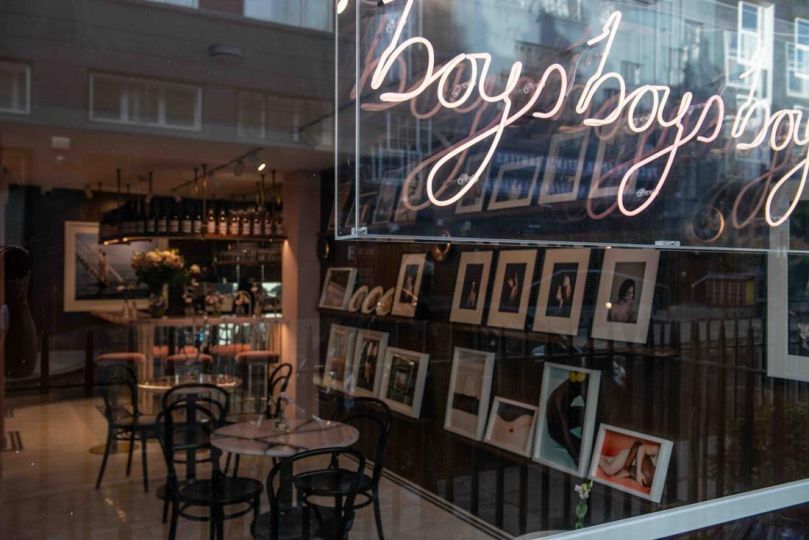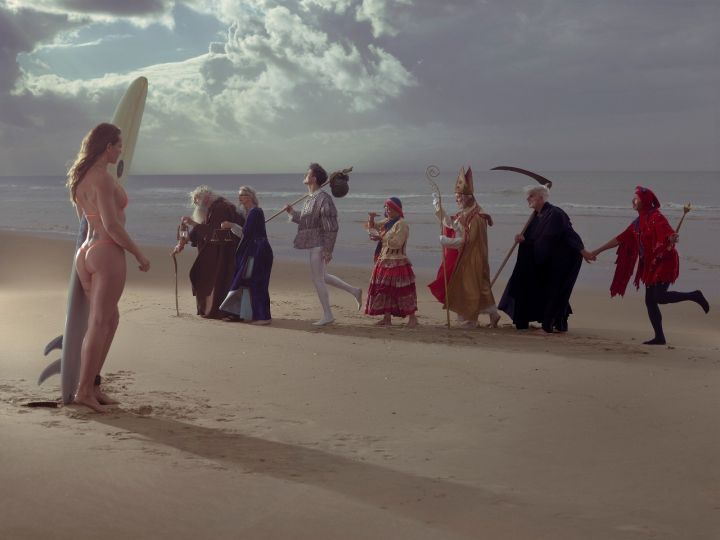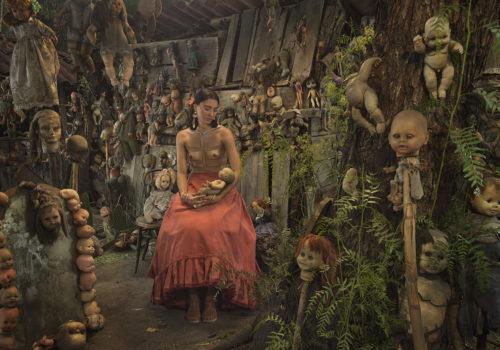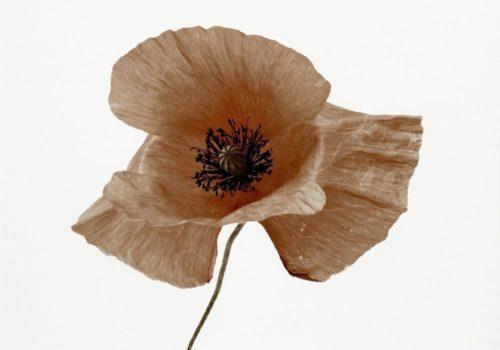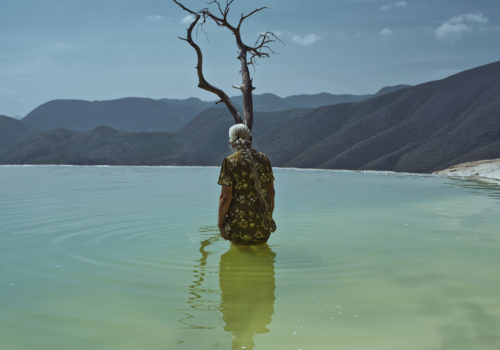David Zwirner presents Transform, an exhibition of recent work by American photographer James Welling at the gallery’s Upper East Side location in New York. The three bodies of work on view—Julia Mamaea (2018–ongoing), Bodies (2014–ongoing), and Chemical (2010–ongoing)—were created by the artist using unorthodox photographic procedures. Moving between abstraction and representation, these series are emblematic of the breadth of Welling’s ongoing experimentation with the conventions and materials of photography.
Since the 1970s, when he was a student at the California Institute of the Arts, Welling has become known for a relentlessly evolving body of images that considers both the history and technical specificities of photography. Emerging at a time when the medium focused on its capacity for mimesis, Welling’s work signaled a break with traditional ideas of photography by shifting attention to the construction of images themselves. While the artist produces discrete series whose subject matter ranges widely, his work is united by an examination of what might be termed “states of being” produced by photographically derived images and how such states are, in turn, read by the viewer.
On view on the gallery’s second floor is a selection of prints from Welling’s 2018 Julia Mamaea. While visiting New York’s Metropolitan Museum of Art, Welling came across a Roman portrait bust from the third century AD of Julia Mamaea, the mother and regent of Emperor Alexander Severus. Although it was partially destroyed, the sculpture stood out from the anonymous surrounding figures for its naturalistic portrayal of its subject, who was identified by name. Welling subsequently used a single, frontally oriented exposure of the bust for a suite of unique gelatin dichromate prints coated with aniline dye. This innovative process, which the artist crafted after researching a variety of nineteenth- and twentieth-century non-silver printing techniques, results in handmade color images that bear visible traces of the procedures that produced them. Julia Mamaea gazes at the viewer through a sheer veil of color and texture, untethered temporally yet very much present physically and alert in each image. Exhibited serially, Julia Mamaea presents a study in repetition and difference, underscoring the way meaning is projected through materiality and sequence.
Welling’s Bodies, which is on view on the third floor, also incorporates classical sculpture within complex and layered compositions, investigating the relationship between form and artificial color. Continuing the themes mapped out in his Choreograph photographs (2014–2018), in which the artist combined photographs of dancers with architecture and landscape, Bodies utilizes Greek and Roman stone sculpture as his root imagery. As Welling notes, “The origins of modern dance derive from early twentieth-century recreations of dance as practiced in antiquity, and it seemed appropriate to photograph these dance antecedents.” To make Bodies, which consists of UV-curable ink on Dibond, Welling places three different black-and-white photographs into Adobe Photoshop’s red, green, and blue color channels to yield a multilayered color image. The artist then alters the file using Photoshop, and as adjustments are made, various parts of the image come forward or recede.
Chemical, which is also presented on the third floor, continues Welling’s ongoing experiments with camera-less photography. In Chemical, he paints photographic chemicals on chromogenic paper and further inscribes the surface with graphite and other materials. The resulting compositions are at once paintings and photographs—both chemically derived and handmade.
James Welling was born in 1951 in Hartford, Connecticut. He studied at Carnegie Mellon University and the University of Pittsburgh before receiving his BFA and MFA from the California Institute of the Arts in Valencia. Recent solo presentations include Metamorphosis, which traveled from the Stedelijk Museum voor Actuele Kunst (SMAK), Ghent, to Kunstforum Wien, Vienna (2017); Things Beyond Resemblance: James Welling Photographs, Brandywine River Museum of Art, Chadds Ford, Pennsylvania (2015); Diary of Elizabeth and James Dixon, 1840–41/Connecticut Landscapes, 1977–86, Art Institute of Chicago (2014); Autograph, Fotomuseum Winterthur, Switzerland (2013); and the major survey Monograph, which was presented at the Cincinnati Art Museum and the Hammer Museum, Los Angeles, in 2013 and was accompanied by a catalogue published by Aperture.
Welling’s work is held in numerous public collections worldwide. He has been represented by David Zwirner since 2005. Transform marks his eighth solo presentation with the gallery.
James Welling: Transform
January 10–February 16, 2019
David Zwirner
34 East 69th Street, New York

